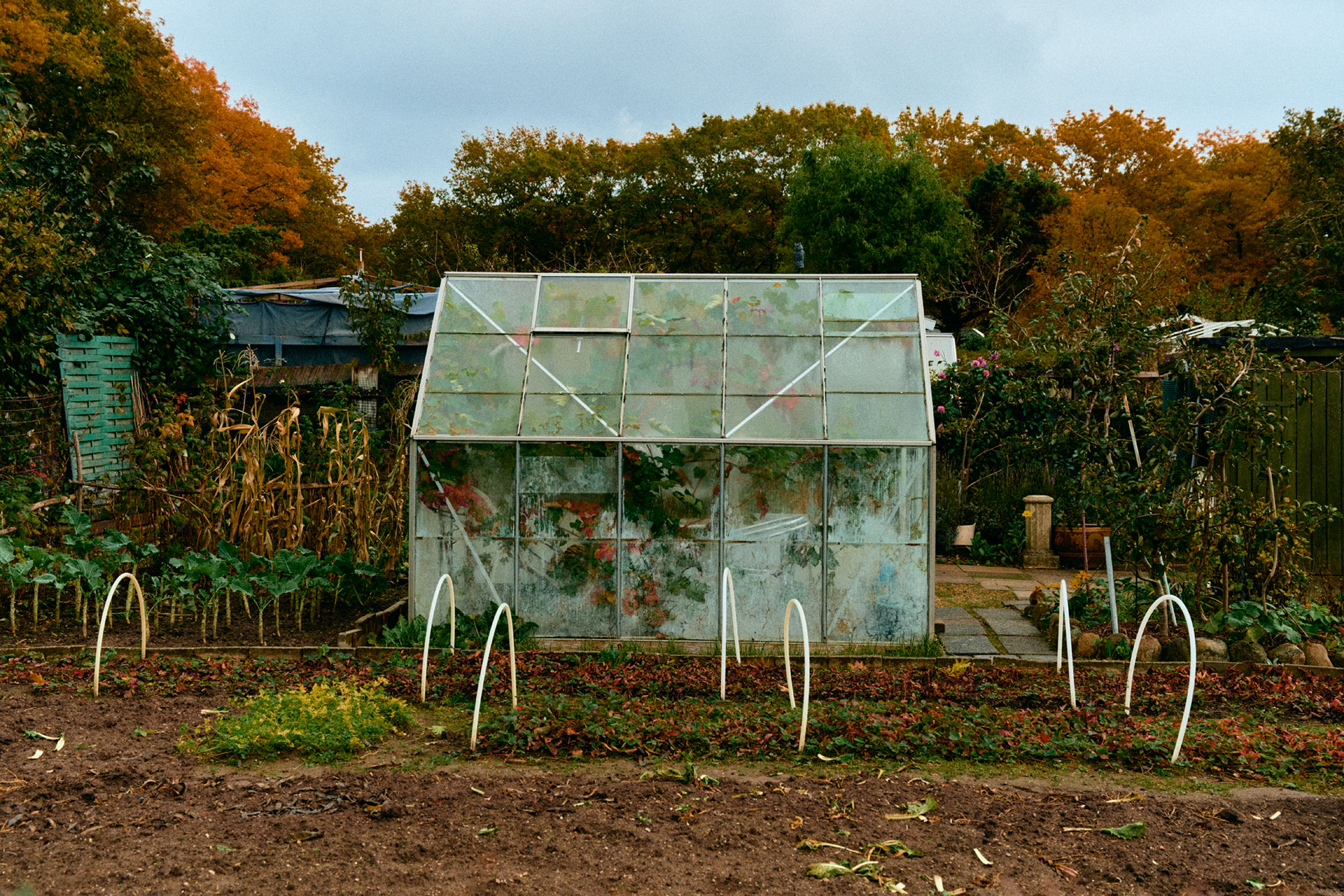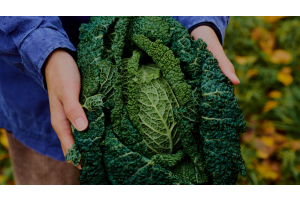Microorganisms degrade biodegradable bioplastics

There is good news for anyone who is interested in biodegradable bioplastics. Researchers at ETH Zurich and the Swiss Federal Institute of Aquatic Science and Technology (EAWAG, in German, Eidgenössische Anstalt für Wasserversorgung, Abwasserreinigung und Gewässerschutz) have established, in an interdisciplinary study, that microorganisms degrade biodegradable plastics.
This creates completely new opportunities for sorting waste and managing waste plastics in the future as society becomes more aware that it is possible to use biodegradable plastics in areas where it makes sense or where there is a risk that plastic ends up in nature, such as with use for agriculture. The researchers have shown that the soil microorganisms utilize metabolic carbon in PBAT (polybutylene adipate terephthalate) polymers made from compostable and biodegradable plastic to produce energy.
One by-product of this process is microbiological biomass, which is part of the cycle of nature. The length of time biodegradable plastic takes to completely compost depends on various factors. Composting involves microbes in the soil digesting organic matter and converting it into carbon dioxide (CO2), water and biomass. Microbes require moisture, oxygen and a sufficient temperature for the composting process. Composting will be slower in cold weather, but if leaves from trees are composted in these lower tempratures, biodegradable bio-bags will also compost. Microbial activity is lower in dry or poor soil than in nutrient-rich soil.






